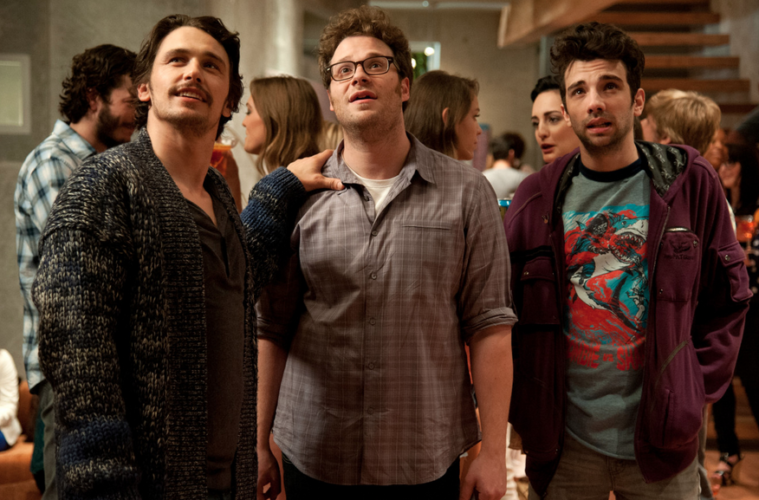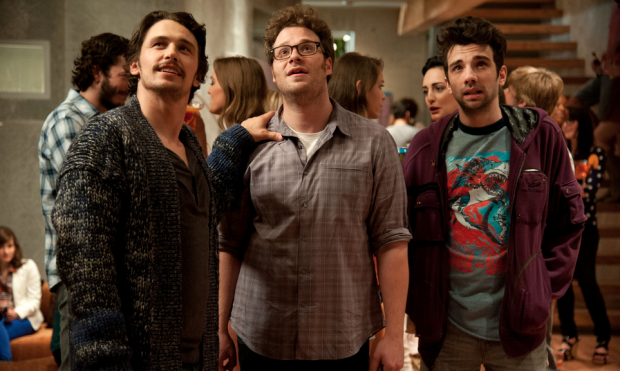
There’s few things more exciting in cinema than the arrival of a fresh voice. Usually emerging out of a film festival (although a certain box-office hit will refute that), this year had a handful of notable examples in the directing departmentand today we’re here to wrap-up our ten favorites.
While filmmakers such as David Lowery (Ain’t Them Bodies Saints) and Destin Cretton (Short Term 12) would certainly qualify as emerging talents — and we can’t wait see where they’ll go from here — they’ve previously helmed other works. Featuring harrowing documentaries, crowdpleasing summer comedies, dark true stories, the directorial debuts of some of Hollywood’s biggest acting talents, and much more, check out the rundown below and let us know what impressed you most this year.
The Act of Killing (Joshua Oppenheimer)
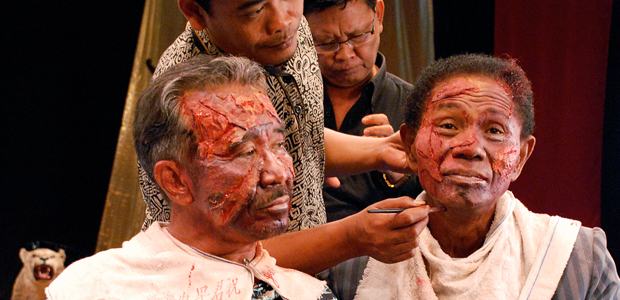
While Hollywood attempts to conjure the latest harrowing characters and situations in their offerings, one documentary this summer proves that nothing can beat the real thing, for Joshua Oppenheimer‘s document of real-life Indonesian serial killers is perhaps the most unforgettable experience one can have at the cinema this year. It’s a true testament to not only the film’s structure, but the bond our director created with these men that, without it, this — especially a devastating third act — could have easily been a superficial look at the events. Instead, its matter-of-fact nature will get under one’s skin and never let go. – Jordan R.
Afternoon Delight (Jill Soloway)
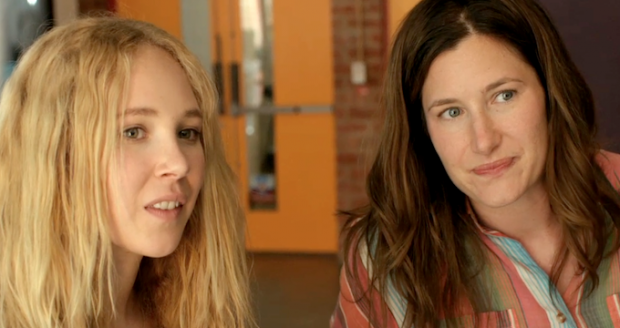
You’ve seen her in a handful of comedies (Step Brothers, Wanderlust) and perhaps even a drama (Revolutionary Road), but Kathryn Hahn finally got a deserved leading role with this Sundance premiere. The directorial debut of Jill Soloway, Afternoon Delight finds Hahn as a wife who, looking for some adventure, befriends a local stripper, played by Juno Temple. Soloway’s authentic direction provide a canvas for Hahn to work with a fully formed character, something all too rare in today’s Hollywood. As the relationships between our main characters deepen, what starts as a high-concept drama turns into something dark, discomforting and thoroughly impressive. – Jordan R.
Blue Caprice (Alexandre Moors)
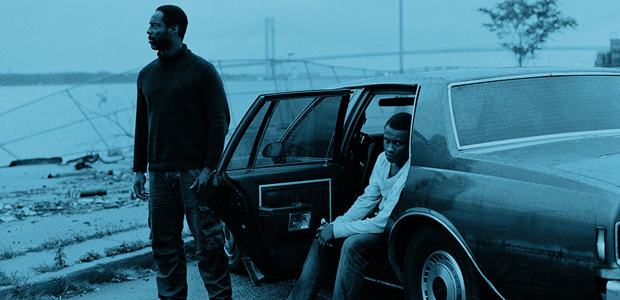
Perhaps the most overlooked entry on this list, Alexandre Moors‘ chilling depiction of the Washington, D.C. sniper attacks quietly slid into theaters this fall after a Sundance premiere and barely made a dent. While we can’t blame audiences for skipping out on this dark subject matter at first glance, they missed a confidently directed examination of what drove these senseless killings. Featuring a towering performance from Isaiah Washington, Moors expertly captures the frighteningly hypnotic, methodical formation of evil. – Jordan R.
Fruitvale Station (Ryan Coogler)
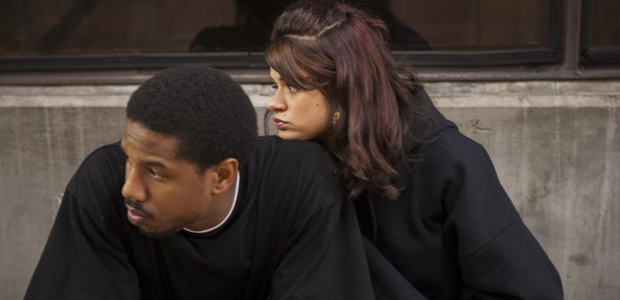
Tackling a real, volatile moment in recent history is a daunting task for any filmmaker, but for a first timer to attempt something like the chronicle of Oscar Isaac is surprisingly ambitious and fraught with pitfalls. Ryan Coogler more than proves up to the challenge, and he takes a shocking snapshot (one recorded for posterity on cell phone videos) and extrapolates it into a moving feature film that follows this young black man, shot in the back and killed by a white transit officer on New Year’s Eve in Oakland’s Fruitvale Station, across the day that leads up to his death. Neither a bracing polemic or a deifying heroic ode (which is as it should be), the film is notable for the way it exposes the tragic incident upfront (the first frames are of one of the actual videos) and then pushes it into the background in favor of a surprisingly intimate and nuanced look at a man full of flaws and failings, unknowingly closing in on what will be his final moments. – Nathan B.
The Kings of Summer (Jordan Vogt-Roberts)
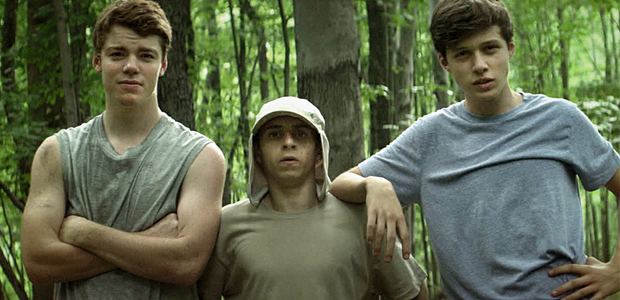
After crafting shorts and commercials, director Jordan Vogt-Roberts emerged on the scene earlier this year with his Sundance coming-of-age adventure The Kings of Summer. Centering on a trio of boys (Nick Robinson, Moises Arias and Gabriel Basso) who find a getaway in their local woods, not all the comedic beats worked for me, but Vogt-Roberts has a keen sense for visuals, something often missing in the comedy genre. By examining the seemingly eternal feeling of freedom a teenager can possess and what happens when one must face the truths of life, Vogt-Roberts has found something we can all relate to. – Jordan R.
Man of Tai Chi (Keanu Reeves)
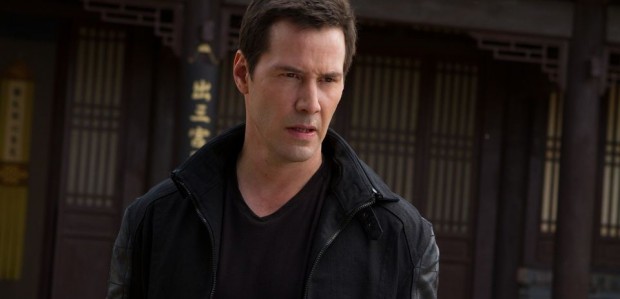
Remember when Keanu Reeves declaratively stated that “I know Kung-Fu”? In his directorial debut he sets out to prove he also knows Tai Chi, although the revelation is that Reeves knows filmmaking too—pretty well, actually. It’s impossible to distance this martial arts actioner, starring Reeves’ Matrix fight trainer Tiger Hu Chen and featuring choreography by Yuen Woo-Ping, from that Wachowskis sci-fi flick that reignited the cinematic martial arts bug here in the States. What’s more is that Reeves isn’t interested in that anyway; he’s proud of the films that have led him here, and he acknowledges his influences not with clever visual asides but with a breathtaking mimicry of style that then manifests itself as its own entity. Reeves, playing the primary villain this time out, doesn’t display any new action chops, but what he does reveal is that he’s been a good student all these years when he comes to managing a film and its disparate pieces. Man of Tai Chi is a honest and forthright action flick, never too stylish but wearing its slick skill as a badge of Zen honor. While several of this year’s big budget films failed to establish visceral excitement and dramatic tension, Reeves little chop-sockey picture knocks it out of the park. – Nathan B.
This is the End (Seth Rogen and Evan Goldberg)
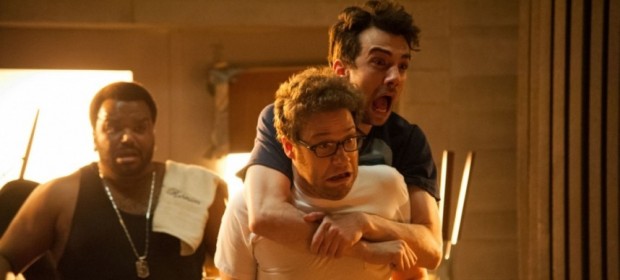
There was no better cinematic introduction in 2013 than the bad-ass, middle-finger-raised, sneering appearance of Danny McBride in Seth Rogen and Evan Goldberg’s directorial debut, This Is The End. And surprisingly, there were few better debut efforts, period. Rogen and Goldberg took a concept that could have failed miserably — real Hollywood celebs find their party interrupted by the apocalypse — and instead crafted a smart, knowing, Backstreet Boys-including, downright emotionally involving romp unlike any other film this year. It helped that the cast included James Franco (never better), Craig Robinson, Jonah Hill, McBride, and a note-perfect Jay Baruchel, but as well as a disparate group that included Emma Watson and an unforgettable Michael Cera. But above all else, there was Rogen, ringleader onscreen and co-helmer off, demonstrating that he is a multi-talented entertainer to be reckoned with. – Christopher S.
Wadjda (Haifaa Al-Mansour)

Haifaa al-Mansour’s Wadjda marks a series of firsts (first film shot entirely in Saudi Arabia, and the first there to be made by a woman) and when all is considered it’s a miracle really that the movie was made at all, let alone that it be one of the most moving and gently honest pictures of the year. Mansour’s movie, one intimately aware of the cinematic heritage before it, dispels men almost completely from its inner circle of characters and by unveiling the complexity and richness of these independent (for this landscape) females, it critiques the culture with a rare but welcome gift; wisdom. The story, about a young girl whose rebellious spirit amounts to wanting to buy her own bike to race a male friend, isn’t the only fascinating aspect of Wadjda. The beauty and magic in the film—calling back to classics like Bicycle Thieves and the warm-hearted Iranian fable Children of Heaven—can be traced directly to Mansour, who shepherds an amazing child performance from Waad Mohammed, deftly opens up this world and its behaviors through simple but aesthetically breathtaking compositions, and generously turns the camera and its naked observations towards her female brethren, letting their lives speak for themselves. – Nathan B.
The Way Way Back (Nat Faxon and Jim Rash)
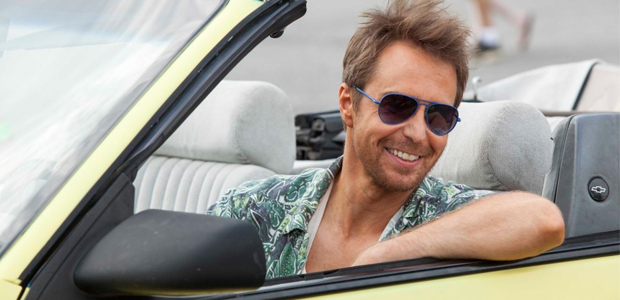
Despite being mixed on the film at its Sundance Film Festival premiere, as the summer progressed, when asked for recommendations I found myself more often than not suggesting this debut directorial work from The Descendants scripting duo Nat Faxon and Jim Rash. One of the few relaxed, genuinely entertaining films actually about summer this past season (the other appears a few spots above), The Way Way Back follows Duncan (Liam James) as he yearns to find a life outside his dysfunctional family. Upon meeting the care-free worker at the local water park Owen (Sam Rockwell, proving he can entertain in just about any feature), he starts to find his way. It may be rough around the edges, but the duo pack enough charm and memorable characters that I’m intrigued to see where this takes them. – Jordan R.
Una Noche (Lucy Mulloy)

A lot of talk surrounding Una Noche concerns its two leads using the press tour for its Tribeca debut as their avenue for defecting to the United States. While a wonderful bit of mirroring for this tale of three youths hoping to sail on their makeshift raft to freedom, it also diverts some of the attention that should be focused on first-time narrative director Lucy Mulloy. Here is a New York-based filmmaker granted unheard of access to shoot in Cuba with Cuban amateur actors who not only told a compelling story, but also captured a nation we generally dismiss. She gets on the frontlines of what one character calls a country “only good for sweating and sex” to show its beauty and nightmare alongside three kids for all intents and purposes reenacting onscreen what they live off it without a shred of fabrication. — Jared M.
What are your favorite directorial debuts this year?

